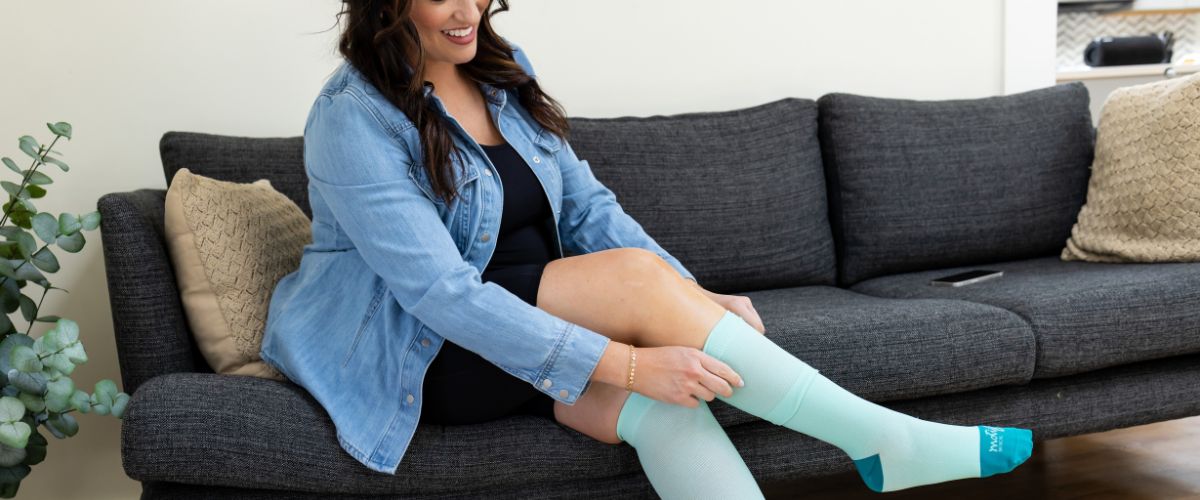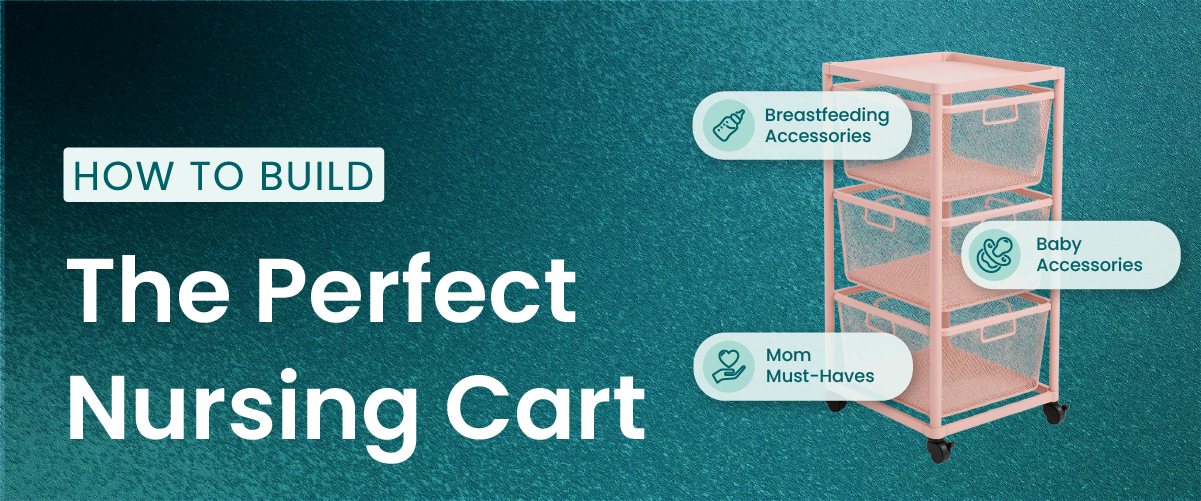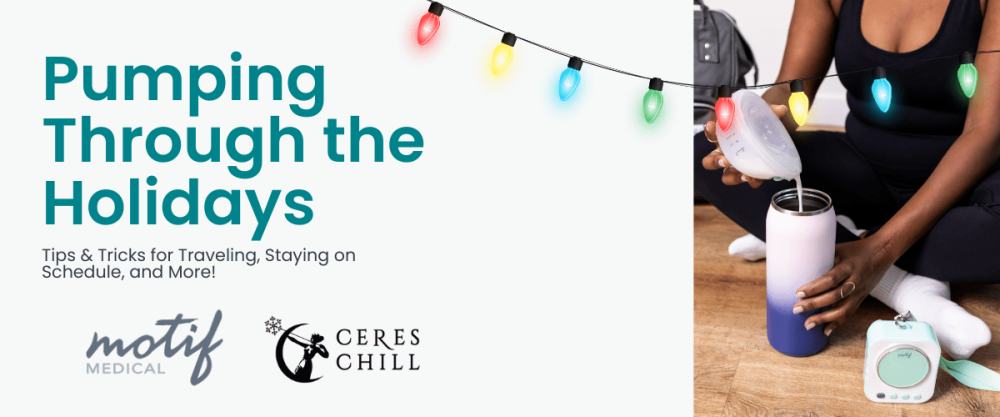Sleep is an essential part of our overall health and wellbeing. According to the National Sleep Foundation, most adults need between 7 and 9 hours of sleep per day for optimal physical and mental health. The same is true during pregnancy since your body uses your sleep time to repair cells, release hormones, and rid the body of toxic waste products. Your body is doing more work in all of those areas during pregnancy, so sleep is extra important. Even though a good night’s sleep is crucial during pregnancy, pregnancy insomnia can be a problem all the way from early to late pregnancy.
What causes insomnia during pregnancy?
The causes of insomnia may vary throughout the pregnancy. Hormonal changes, physical changes, and common pregnancy symptoms leave many pregnant women struggling to get a good nights sleep. The first trimester can present issues like frequent urination and nausea, which often leads to trouble staying asleep or falling back to sleep in the middle of the night.
According to the American Pregnancy Association, about 78% of pregnant women experience pregnancy insomnia.
Although progesterone levels are rising in early pregnancy, which brings increased sleepiness, going back to sleep after you’ve been awake may still be difficult. Many pregnant people find it necessary to take naps during the day in order to feel well rested.
In the third trimester, you may have trouble sleeping due to restless leg syndrome or difficulty finding comfortable sleeping positions. Leg cramps, heartburn, back pain and hip pain can have you waking frequently through the night to move, which can leave you longing for better sleep.
So now that we know that it’s a normal thing to experience insomnia during pregnancy, let’s explore some ways to help you overcome any sleep problems you’re having and develop healthy sleep patterns for the rest of your pregnancy.
1. Tweak your bedtime routine.
Establishing a consistent bedtime routine helps your body relax and fall asleep at the end of the day. It doesn’t have to be complicated, it could include a cup of chamomile tea, listening to music, a guided meditation, or reading a book for 10 minutes.
Begin your bedtime ritual at the same time everyday. Our bodies establish a circadian rhythm, which is an internal process that repeats itself every 24 hours. The more scheduled you can make your bedtime, the easier it will be for you to fall asleep.
2. Take advantage of pregnancy pillows.
It can be more difficult to find comfortable sleeping positions during pregnancy. The pregnancy pillow is a popular item for a reason! Most expecting moms find they need multiple pillows or one big pregnancy pillow to support everything and be comfortable.
Make sure you prop you legs from your knees all the way to your ankle. If you only put a pillow between your knees it can put additional stain on your hips and contribute to hip pain.
3. No screens within 30 minutes of bedtime.
While its not uncommon for people to want to scroll social media as they wind down for the day, looking at screens before bed is not conducive to a good nights sleep. Cell phone screens emit blue light, which your brain perceives as sunlight. Exposure to blue light blocks the body’s ability to create melatonin and melatonin is necessary for your body to regulate your circadian rhythm.
When your melatonin production is reduced by screen time, your body still thinks it’s daytime so it works to keep you awake. This makes it difficult for you to fall asleep and will also make you feel groggy in the morning. To prevent the effects of blue light, the National Sleep Foundation recommends turning off your cell phone, computer, and TV at least 30 minutes before your bedtime.
4. No food within 3 hours.
Heartburn can be a real pain, particularly in the third trimester. It’s one of the biggest contributors to sleep disorders during pregnancy and while there are over-the-counter medications that can help, it is best to try to prevent heartburn. Because the sphincter between your stomach and your esophagus is more relaxed during pregnancy, heartburn is often worse at night when you’re trying to sleep.
Try to eat your last meal at least 3 hours before you lay down to sleep so that your body has time to digest your food before you go to bed. If you need a snack after dinner, for instance if you have gestational diabetes or if you eat an early dinner, stick to a protein snack that will help keep your blood sugar balanced throughout the night.
5. Magnesium can help.
Magnesium is one of the most helpful prenatal supplements. It reduces the risk of preeclampsia, gestational diabetes, and high blood pressure but did you know it also helps you sleep better at night? Magnesium helps you fall asleep faster and stay asleep longer and it also helps prevent restless leg syndrome and leg cramps.
Because it also helps balance blood sugar, taking it at night before bed can also help if you have gestational diabetes. It can be taken as a supplement or if you enjoy baths, you can incorporate it into your bedtime routine by adding 1 cup of Epsom salts to a warm bath.
Always make sure you talk to your healthcare provider about any supplements or over the counter medications that you want to add to your daily routine. If you have any risk factors or are experiencing extreme sleep deprivation, contact your provider to discuss which interventions would be appropriate for you.
6. Make time for exercise.
Having a regular exercise routine will also help you sleep better. Going for 30 minute walk after dinner can help your body get ready for labor, especially as you get closer to your due date, and it also helps you sleep better at night!
If you’re unable to exercise, spend about 15 minutes stretching your body before you get in bed. Stretch your shoulders, your back, your legs and especially your calves to help avoid leg cramps. Stretching is a relaxing thing to add to your bedtime routine, as it helps your body and your mind unwind and can make sleep come easier once you’re in bed.
7. Relax with a guided meditation.
If you find yourself waking up in the middle of the night and are unable to fall back asleep, I recommending download a guided meditation app. A guided meditation is a pre-recorded audio that will talk you through various relaxation techniques to help calm your brain and allow you to fall back asleep.
References
- Max Hirshkowitz, Kaitlyn Whiton, Steven M. Albert, Cathy Alessi, Oliviero Bruni, Lydia DonCarlos, Nancy Hazen, John Herman, Eliot S. Katz, Leila Kheirandish-Gozal, David N. Neubauer, Anne E. O’Donnell, Maurice Ohayon, John Peever, Robert Rawding, Ramesh C. Sachdeva, Belinda Setters, Michael V. Vitiello, J. Catesby Ware, Paula J. Adams Hillard. National Sleep Foundation’s sleep time duration recommendations: methodology and results summary. Sleep Health, Volume 1, Issue 1, 2015. Pages 40-43, ISSN 2352-7218 https://doi.org/10.1016/j.sleh.2014.12.010
- American Pregnancy Association, Pregnancy Insomnia: Snooze Or Lose!
- Sleep Foundation, How to Determine Poor Sleep Quality









